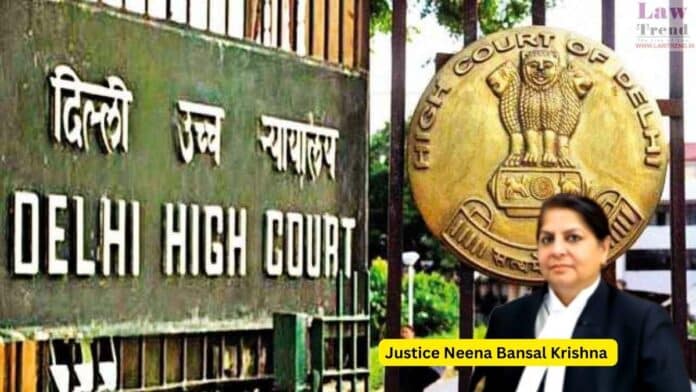In a significant ruling, the Delhi High Court has underscored the need to differentiate between rape and consensual sex in failed relationships while granting bail to an accused in a sexual assault case. The decision was pronounced by Justice Neena Bansal Krishna in Bail Application No. 104/2025. The petitioner was represented by advocates, while the
To Read More Please Subscribe to VIP Membership for Unlimited Access to All the Articles, Download Available Copies of Judgments/Order, Acess to Central/State Bare Acts, Advertisement Free Content, Access to More than 4000 Legal Drafts( Readymade Editable Formats of Suits, Petitions, Writs, Legal Notices, Divorce Petitions, 138 Notices, Bail Applications etc.) in Hindi and English.




